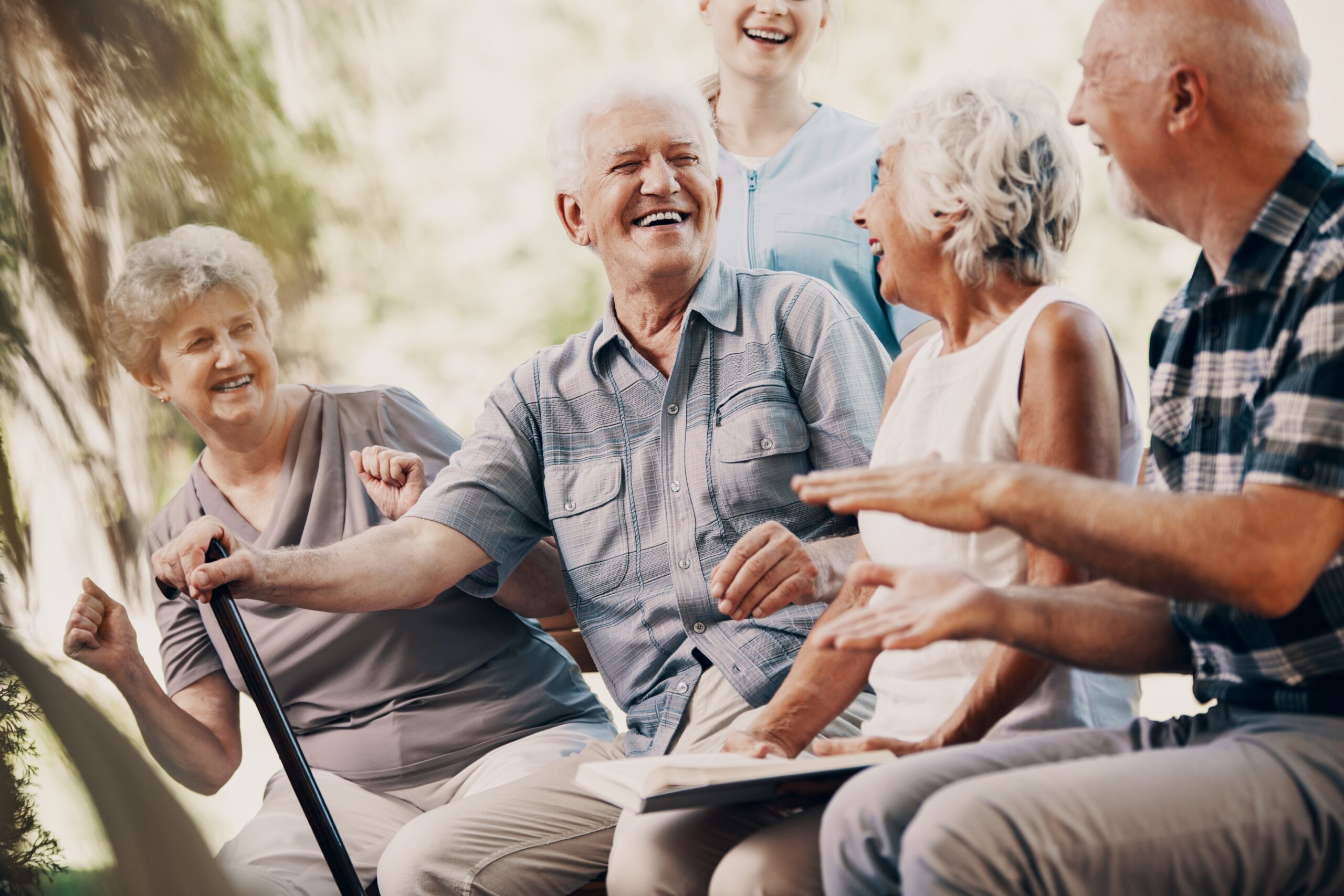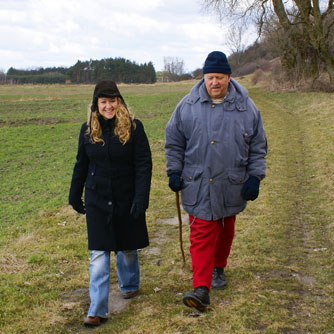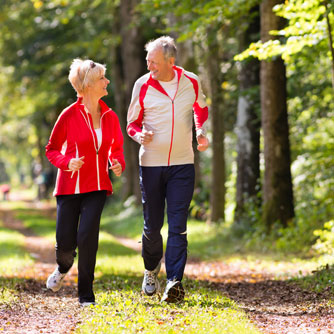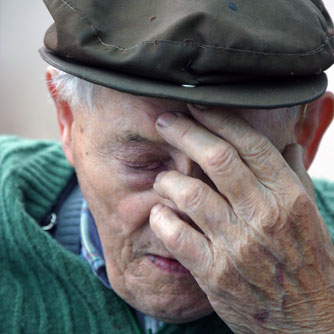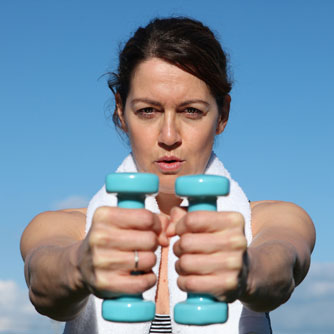Senior Safety First: Tips for Independent Living
As we age, the desire for independence remains strong, and many seniors choose to live on their terms, embracing the freedom that comes with independent living. However, with this newfound autonomy, it becomes increasingly important to prioritize senior safety. In 2020, 14.7 million older individuals lived alone in their community (5 million men and 9.7 …


